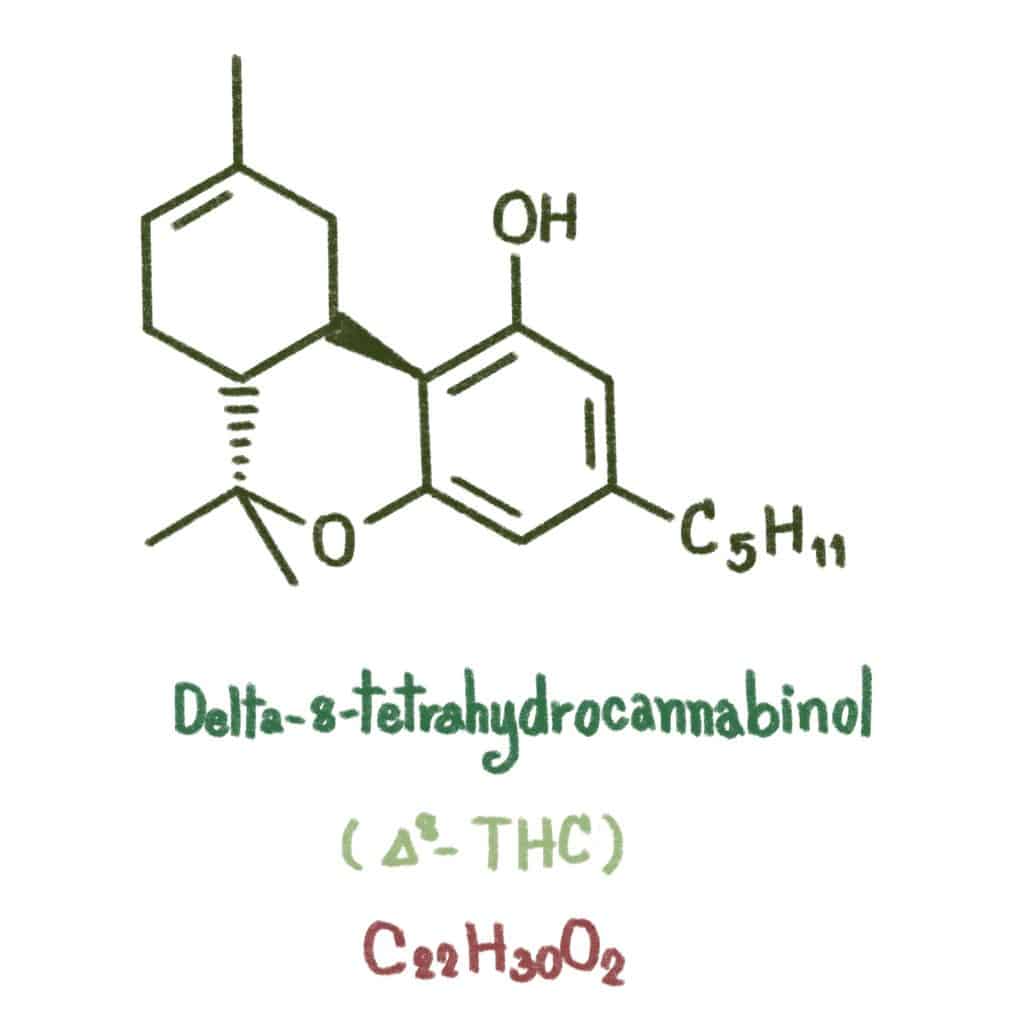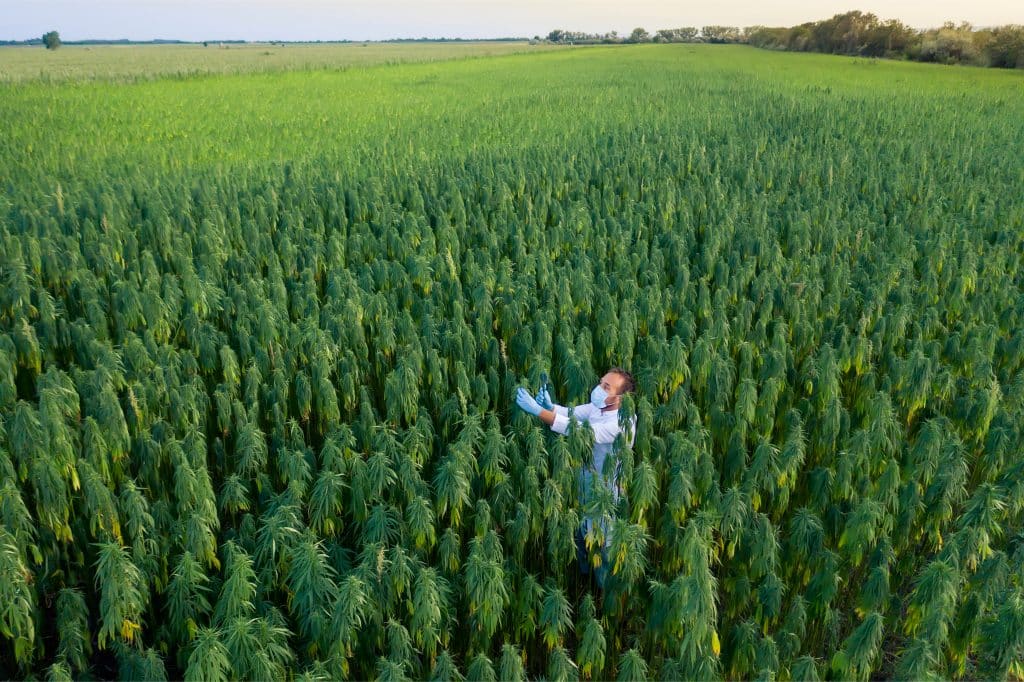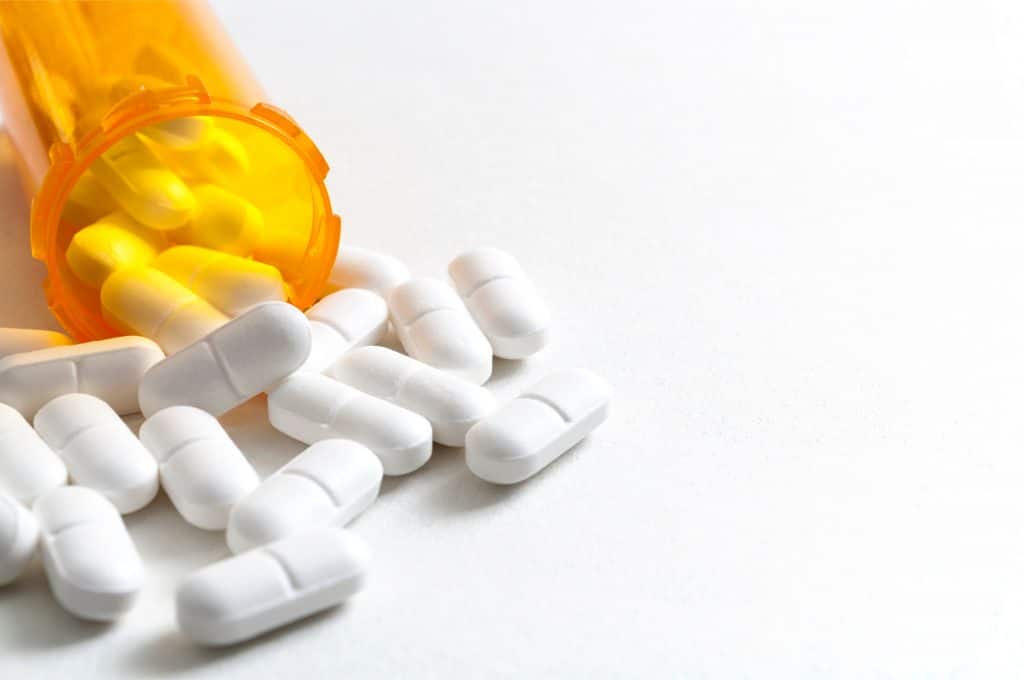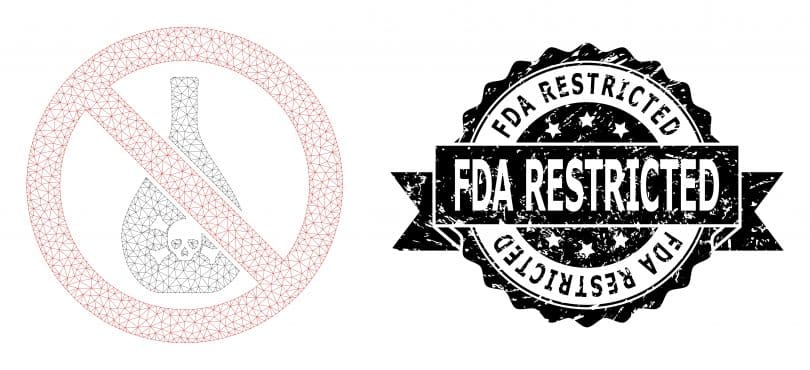It was coming. We knew it by Shopify. And whatever happened is probably just the beginning of the story. We know the government isn’t thrilled about the cannabinoid industry, and now its making its first big, direct move, by using the FDA to go after delta-8 THC companies.
The FDA going after delta-8 companies is a predictable move, but who knows how this will end. We specialize in cannabis and psychedelics reporting, which you can follow along with by signing up for the THC Weekly Newsletter. Also, it’ll get you premium access to deals on cannabis flowers, vapes, edibles, and much more! We’ve also got standout offers on cannabinoids, like HHC-O, Delta 8, Delta 9 THC, Delta-10 THC, THCO, THCV, THCP & HHC, which won’t kill your bank account. Head over to our “Best-of” lists to get these deals, and remember to enjoy responsibly!
What’s the news?
The CBD industry is already aware of how much the FDA doesn’t like it. The FDA has sent out letters to tons of companies over the years, reminding them about federal laws, and to stop producing and selling products that go against them. For the most part, this hasn’t had the biggest impact, and CBD, which is now cleared for medical use by the UN via updates to the Single Convention, is found pretty much everywhere.
On May 4th, 2022, the FDA made its first big, direct move in the cannabinoid space, by sending out warning letters to delta-8 companies, warning them that the products they are producing and selling, violate federal law. Five companies were targeted thus far, but perhaps more will receive letters in the future. After all, Shopify had to remove a lot of products, and the very same vendors are the targets of such letters.
The companies targeted by the FDA for their delta-8 products, are ATLRx Inc., BioMD Plus LLC, Delta 8 Hemp, Kingdom Harvest LLC, and M Six Labs Inc. These warning letters don’t leave CBD out, making mention of the company violations on that front too. According to Jonathan Havens, co-chair of Saul Ewing Arnstein & Lehr’s Cannabis Law Practice and the Food and Beverage Practice, “the five warning letters represent the first enforcement actions taken by FDA against delta-8 marketers.”

Part of the issue has to do with medical claims. According to the government agency, there are no approved drugs that contain delta-8, and so using delta-8 to make any claim for a medication, means making an unapproved claim, for a drug which is also unapproved. The FDA also attacked the idea of the mis-branding of products, with the complaints of not giving good enough instructions, as well as putting delta-8 in food products.
Said FDA Principal Deputy Commissioner, Janet Woodcock, “The FDA is very concerned about the growing popularity of delta-8 THC products being sold online and in stores nationwide… These products often include claims that they treat or alleviate the side effects related to a wide variety of diseases or medical disorders, such as cancer, multiple sclerosis, chronic pain, nausea and anxiety. It is extremely troubling that some of the food products are packaged and labeled in ways that may appeal to children. We will continue to safeguard Americans’ health and safety by monitoring the marketplace and taking action when companies illegally sell products that pose a risk to public health.”
Of course, delta-8 THC has, indeed, been found useful for all the conditions mentioned, which does beg the question of why the government is trying so hard to protect its population from these compounds, especially in light of the no-death count attached. It has repeatedly been shown that additive products are the real main issue, and that cannabis compounds have yet to be associated with death. This is important because another government agency, the CDC, just requested to lower prescribing guidelines for opioids, which already kill as many as 70,000+ a year, even as other non-addictive, no death-toll measures like ketamine and cannabis, exist.
How did this come about?
This newer issue is a counterpart to the CBD issue, which has been going on for awhile now. The cannabinoid industry, led by delta-8 THC, is based on the idea of extracting cannabinoids from the hemp plant for use in products. But there’s a problem with this. Though some of the compounds can technically be extracted from hemp, like delta-8, they can only be extracted in tiny amounts, so that for product production, synthetic processes must be used. This takes these products out from under the definition of hemp, making them federally illegal.
CBD on the other hand, can be extracted in large enough quantities that the same issue of synthetics isn’t relevant. However, neither is cleared by the US federal government for internal use, and the only reason there’s a conversation, is as a result of the 2018 US Farm Bill. The bill instituted a new definition for hemp, in order to promote the industrial hemp industry. In so doing, it separated high-THC cannabis from low-THC cannabis, and defined ‘hemp’ as only certain parts of the actual plant, without including synthetics. It should be noted, however, that even though the US government says CBD is not legal in this way, it did approve epidiolex, a big-pharma synthetic version of CBD. It has also approved synthetic versions of THC (dronabinol).
Synthetics of any Schedule I substance (which are not big-pharma made and approved), are also Schedule I under the Federal Analogue Act. When compounds are made using synthetic processes, or that don’t exist in nature (delta-10), they are not covered under the definition of hemp. Nor is anything (plant or product) that has over .3% delta-9 THC.

Two of the many issues with the cannabinoid market, are that large amounts of delta-9 THC are often found in products, and that synthetic processing is used to make them. Though the industry uses the term ‘hemp-derived’, this only means that some aspect of it came from the hemp plant, although in reality, even this isn’t necessarily true. As the industry is not regulated, we simply don’t know what we’re buying, and that presents its own problem.
Though regulating the market could settle much of this, the federal government doesn’t want to do that. But it also doesn’t want to lose tax revenue, and that creates a conundrum. The government tends to take money from big pharma, not little mom-and-pop, so anything that can’t be transformed into pharmaceutical profits easily, isn’t desired by the government. It’s just like with Quaaludes, which were too easily made outside of pharma companies, making for a black market that the US couldn’t control.
What else has been done?
The FDA sending warning letters to delta-8 companies is the first big, above-board move by a government agency to try to stop this industry, but it wasn’t the first move made. A couple months ago, the biggest shopping sales platform, Shopify, started sending out its own similar letters, telling vendors they could not sell products with more than .3% delta-9 THC, and that they had to be in general compliance with federal law, which also rules out synthetics. Thus, tons of companies were affected.
Shopify didn’t stop with letters, and immediately forced companies to drop products from their online catalogues, that don’t meet regulation. This most certainly was a hit to the industry, though the lack of overall sales figures in general, makes it hard to know how much. Cannabinoid products are sold all over the place, and show up in a lot of small roadside stores. How much the industry relied on on-line sales, particularly from Shopify, is not clear.
Shopify didn’t make a statement about the US government making it do this. Nor did the US government make a statement about being involved in the Shopify issue. But most companies won’t shoot themselves in the foot if they don’t have to, and it’s hard to believe that Shopify would all of a sudden care about something it never cared about before. This was not an ongoing fight, but a directive that came out of nowhere. It suffices to say there was likely pressure from higher up, and that Shopify itself could have been shut down if it didn’t comply.
Are these products dangerous?
The US government hasn’t legalized cannabis yet, but we already know that that specific legalization is not what determines the safety of the plant. So regardless of whether something is federally illegal or not, whether it’s dangerous or not is an entirely different question. It’s almost joke level funny that Ms. Woodcock would speak about the dangers of compounds with no death toll, while close to 100,000 people die a year from government sanctioned opioids.

On top of that idea, the US government is getting close to passing a bill to legalize cannabis, whether it wants to call it a ‘legalization’, or a ‘decriminalization’. The MORE Act already passed the House and is now up for the Senate. And if that doesn’t make it, Senate Majority leader Chuck Schumer has his own baby, the Cannabis Administration and Opportunity Act, which he’s carefully shopping around for support, and which hasn’t been officially offered, so as not to run out the clock prematurely.
Though a lot of reasons could be given for why the federal government is working hard now to pass something, one of the biggest reasons is that it must play catch-up with its states, so as not to seem powerless. Legalization measures are moving in only one direction, and its away from federal mandate. Soon enough, more and bigger publications, will point out how few people actually live under federal law concerning cannabis at this point. And as the government can no longer stop this train, it must now get on it, and pretend that was always the goal.
Conclusion
How much of an effect these FDA letters will have on the delta-8 industry is not known, and it might take some time to see results. The US government is obviously frustrated, but it’s also not in a position of power considering failed drug wars, and the lack of danger associated with this particular drug.
Maybe the delt-8 market isn’t the most savory. Maybe there are problems associated. But if the government really wanted to protect its people, it would do something substantial about the opioid epidemic, instead of railing against a plant (or its synthetic counterparts) which doesn’t realistically hurt anyone.
Hi to all! Thanks for joining us at CBDtesters.co / Cannadelics.com, the premiere website for independent coverage of the cannabis and psychedelics industries. Give the site a read-thru frequently to stay on-top of this quickly-changing landscape, and sign up for The THC Weekly Newsletter, to keep aware of everything going on.









